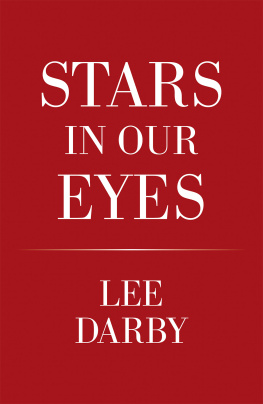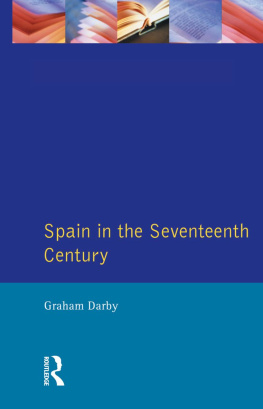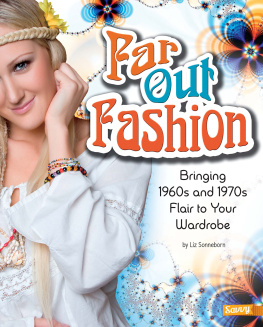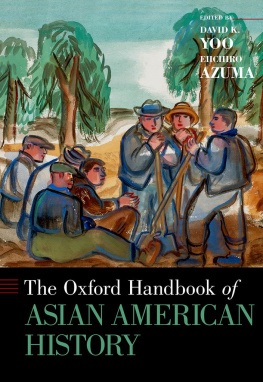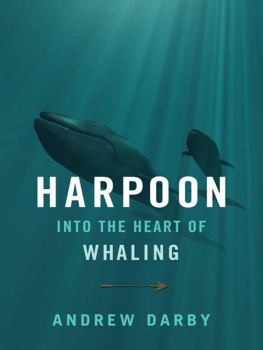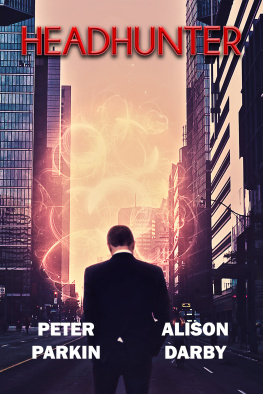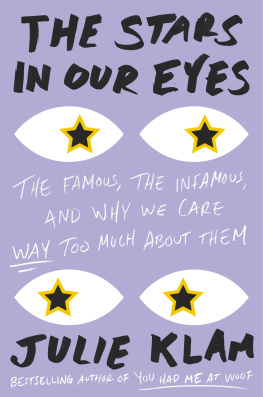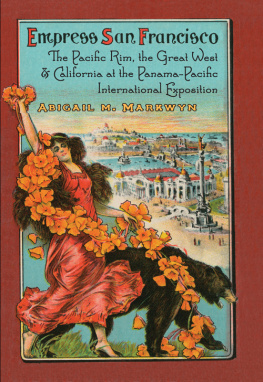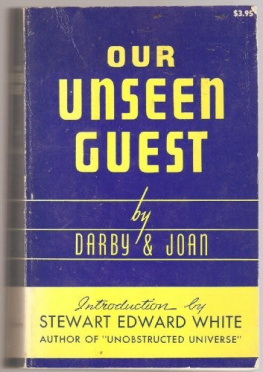Lee Darby - Stars in Our Eyes
Here you can read online Lee Darby - Stars in Our Eyes full text of the book (entire story) in english for free. Download pdf and epub, get meaning, cover and reviews about this ebook. year: 2021, publisher: Xlibris US, genre: Non-fiction. Description of the work, (preface) as well as reviews are available. Best literature library LitArk.com created for fans of good reading and offers a wide selection of genres:
Romance novel
Science fiction
Adventure
Detective
Science
History
Home and family
Prose
Art
Politics
Computer
Non-fiction
Religion
Business
Children
Humor
Choose a favorite category and find really read worthwhile books. Enjoy immersion in the world of imagination, feel the emotions of the characters or learn something new for yourself, make an fascinating discovery.
- Book:Stars in Our Eyes
- Author:
- Publisher:Xlibris US
- Genre:
- Year:2021
- Rating:5 / 5
- Favourites:Add to favourites
- Your mark:
- 100
- 1
- 2
- 3
- 4
- 5
Stars in Our Eyes: summary, description and annotation
We offer to read an annotation, description, summary or preface (depends on what the author of the book "Stars in Our Eyes" wrote himself). If you haven't found the necessary information about the book — write in the comments, we will try to find it.
Stars in Our Eyes — read online for free the complete book (whole text) full work
Below is the text of the book, divided by pages. System saving the place of the last page read, allows you to conveniently read the book "Stars in Our Eyes" online for free, without having to search again every time where you left off. Put a bookmark, and you can go to the page where you finished reading at any time.
Font size:
Interval:
Bookmark:
STARS IN OUR EYES
Lee Darby
Copyright 2021 by Lee Darby.
Library of Congress Control Number: | 2021907262 | |
ISBN: | Hardcover | 978-1-6641-6784-1 |
Softcover | 978-1-6641-6783-4 | |
eBook | 978-1-6641-6782-7 |
All rights reserved. No part of this book may be reproduced or transmitted
in any form or by any means, electronic or mechanical, including photocopying,
recording, or by any information storage and retrieval system,
without permission in writing from the copyright owner.
Rev. date: 04/08/2021
Xlibris
844-714-8691
www.Xlibris.com
826768
CONTENTS
This book is dedicated to Anne and Rob. You were
there, too. And to Liz and Brendan, of course.
My scrapbook opens to a photo of me naked in my crib in Corpus Christi, Texas, where my parents met while my father was stationed at the Naval Air Training Center during World War II. My birth announcement, bordered in pink, is from Lieutenant and Mrs. Joseph James Voye. Here is where my story unspools, as I celebrate the joy of writing it, the full dizzy eagerness of filling these pages with the output of my brain, of a past world noisy in my head, a past that has evolved for seventy plus years, curled tight as a tapeworm. When it uncoils, I hope it all makes sense to you for it is all truethe joys and the heartbreaks and tragedies, the shocking murder of my sister, and the beginning of the end of my life on earth.

We begin in the 1940s. My fathers college education at Stanford was interrupted by the declaration of war after the attack on Pearl Harbor in December of 1941, and he joined the Marines. He trained to become a pilot in Pensacola, Florida, but instead of being sent overseas, he was selected to become a flight instructor. He said going into the air (as a pilot trainer of Corsair aircraft) with an eighteen-year-old rookie recruit was just as dangerous as a combat mission. His last posting was in Corpus Christi, Texas, where he met my mother, Patty, and they married in 1943. A picture in the scrapbook shows the two of them shin deep in Gulf surf, young, slim, and beautiful. Dad is holding a bottle of beer.
When Dad finished his military duty in Texas in 1946, he brought his bride, Patty, and infant daughter, Lee (me), to his hometown of Klamath Falls, Oregon, to stay with his parents while he decided what he wanted to do with his life after the military. Their second daughter, Sally, was born in 1947, and that year, Dads father died at age fifty-eight. Dad said, as a kid, he hated having frozen hair in winter, which is one reason he transferred to Stanford University in 1940 after starting college at MIT in Boston. He had loved the area around Stanford, and in 1948, he decided to leave Klamath Falls and move to Menlo Park, where he had an uncle in business, to make a home there and raise his family.
At first, Dad worked in his uncle Bills grocery store on Santa Cruz Avenue in Menlo Park but realized the life of a grocer was not for him. He loved math and numbers and, later, computers. He aimed to be an accountant and was studying for his certified public accounting degree.
Home was a white clapboard house on Ashton Street in Menlo Park, bought for $9,000 in 1948. Dad paid cash with help from his mother (his family didnt believe in mortgages); she also bought him a big black Buick. Our house had two bedrooms, a living room with a nubby green couch, polished wood floors, a kitchen with yellow linoleum and a drippy faucet, and one bath. Sally and I shared a bedroom. The backyard held a kiddie pool that Dad would blow up whenever the weather permitted, and Sally and I would splash around in it as the photos show, wearing our white cotton underpants. A chain-link fence surrounded the yard like a prison; the fence was necessary because we had an Irish Setter, Danny Boy, who tried to break out every chance he could get. More than once when Mom and Dad were at a Stanford football game, there romped Danny Boy onto the football field, stopping the play, and Dad would have to go down to the field and take the dog home. Danny Boy eventually found a new home at a ranch out in the San Joaquin Valley, or so Dad said. There is a photo of Mom and Danny Boy with Sally and I wearing tartan plaid skirts that Mom made.
Next door was the Conner family in a big red two-story house. Mr. Conner was an ice man, delivering ice to businesses in a large square truck. Sally and I played with the boy named Stephen who lived across the street. His dad owned a coffee shop downtown on Santa Cruz Avenue. When I was five, I went to kindergarten at Las Lomitas School a few blocks away on Alameda de las Pulgas.
On my sixth birthday, the low October sun slanted across the dry leaves and gravel on the street in front of our little house. I rode my new blue bike around in circles as the light dimmed. I clenched the black rubber grips and turned my handlebars back and forth, searching and searching. Dust hung like glitter in the air, shining like the bright chrome on my new bike and the lights in our living room that I could see through the window. I could hear my father roar his great laugh at something my great-aunt or grandmother, who was visiting for my birthday celebration, must have said. His laugh usually set me to laughing, but instead, I was near tears. My fancy new ring, a birthday present from my grandmother, had somehow fallen off my finger as I rode my bike.
Gma was my fathers mother. She dubbed herself G(for grand)-ma, which worked out perfectly; my mothers mother had already staked a claim to the name Grandmother. Gma had given me the ring hours earlier, nestled in a black velvet box that opened with a creak, displaying a pink gemstone set in a circle of gold. Its a rose zircon, she said, as her sister, my great-aunt Agnes, nodded her head and warned me not to crack my knuckles or the joints would swell and Id have problems with rings in my later years. I put the ring on and held out my arm to admire the way it captured the light. Id never had a ring before, and it felt clumsy on my finger, like a Band-Aid, but it did make me feel more grown up. The black box, which I secretly admired just as much as the ring, went into my pocket, and I went outside to ride my new bike.
By the time I was called in to dinner, the dread had grown in my stomach and tightened my chest. My eyes ached with squinting at the graying pavement. I knew I must soon go in. We would have our dinner, my baby brother would entertain from his playpen, and I would blow out the candles on my birthday cake with Sallys help. After dinner, my Gma would play the piano, and she and my great-aunt would sing old hymns, their high voices trembling, and my father would have tears in his eyes. Later, they would play cards, and my father would win at Hearts every time, and hed laugh and gloat. The crickets began to sound as I walked my bike slowly up to the porch steps and propped it on its kickstand. The moon was already showing luminous, the lunar pull of tide as strong as my dread of facing the giants, confessing my failure, my irresponsibility. A last shaft of sunlight poured through a break in the clouds, silhouetting the wired towers of the PG&E substation at the end of our street. I had one last hope of finding the ring and holding it to the light, precious, its facets catching the cold rays that were already beginning to glint in the evening sky. But no, Mom called me again to come in, my towheaded sister Sally looking on, curious. The ring was gone; it had dropped away into the soundless deep void where all lost things go. I opened the door, knowing how their fond smiles would dissolve when I told them.
Next pageFont size:
Interval:
Bookmark:
Similar books «Stars in Our Eyes»
Look at similar books to Stars in Our Eyes. We have selected literature similar in name and meaning in the hope of providing readers with more options to find new, interesting, not yet read works.
Discussion, reviews of the book Stars in Our Eyes and just readers' own opinions. Leave your comments, write what you think about the work, its meaning or the main characters. Specify what exactly you liked and what you didn't like, and why you think so.

